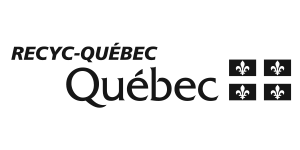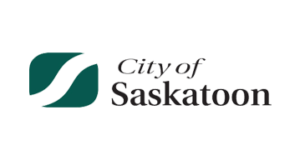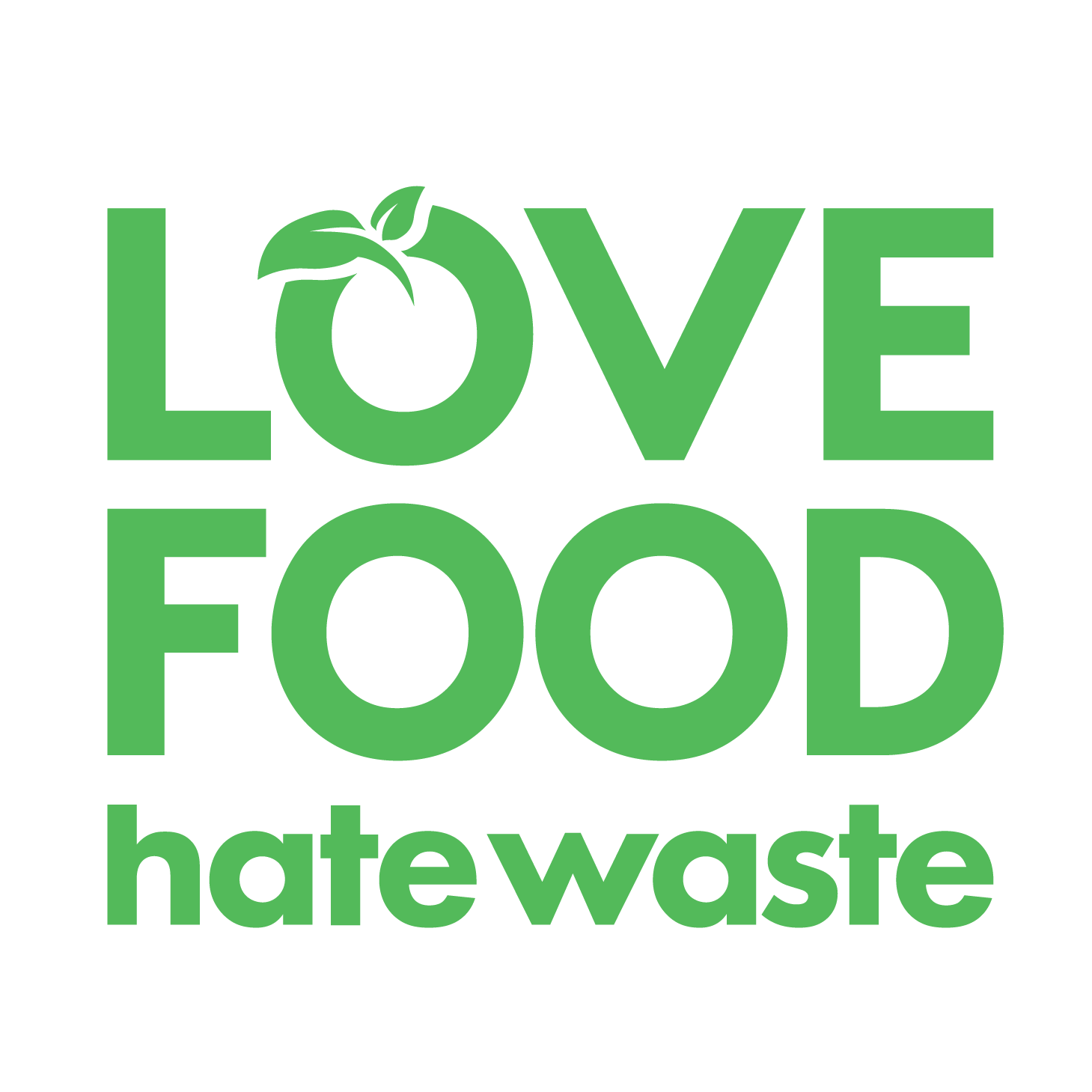FoodMesh is proud to be working with the following leading organizations.
Our campaign partners are helping us to activate LFHW Canada from coast-to-coast-to-coast. Learn more about our campaign partners and their commitment to reducing and preventing food waste.

The Société québécoise de récupération et de recyclage, RECYC-QUÉBEC, is a leader in responsible waste management in Québec. Created in 1990, we are a government-corporation that strives in making Québec a model for innovative and sustainable waste management. Our goal is to achieve a waste-free society by promoting and developing source reduction, reuse, recovery and recycling, as well as conserving resources by creating added value from waste. Our mission is to promote circular economy and fight against climate change by encouraging best practices in waste prevention and management.

The City of Toronto’s Long Term Waste Management Strategy outlines how to best manage the City’s waste over the next 30 to 50 years. The Waste Strategy identifies the reduction of food waste as a key priority to help the City divert more waste from landfill and move towards an aspirational zero waste goal. The Food Waste Reduction Strategy includes an education campaign and outreach programs to teach residents about the benefits of reducing food waste from an environmental, social, and economic perspective. The Love Food Hate Waste campaign is a crucial first step in educating Toronto residents about the value of food and the importance of reducing the amount of food waste that is being disposed.

Metro Vancouver is a diverse organization that plans for and delivers regional utility services, including water, sewers and wastewater treatment, and solid waste management. It also regulates air quality, plans for urban growth, manages a regional parks system, provides affordable housing, and serves as a regional federation. The organization is a federation of 21 municipalities, one electoral area, and one treaty First Nation located in the region of the same name. The organization is governed by a Board of Directors of elected officials from each member jurisdiction.
Metro Vancouver is a North American leader in waste reduction and recycling with a recycling rate of 65 per cent. Even so, we continue to strive towards a zero waste future and preventing and reducing food waste is critical to meeting this goal. Metro Vancouver worked with the Waste and Resources Action Programme (WRAP) in the UK to run the first regional Love Food Hate Waste campaign in Canada in 2015. Based on the success of the regional campaign, the National Zero Waste Council, an initiative of Metro Vancouver, launched the campaign nationally in 2018. We are proud to have stewarded this campaign for six years in close collaboration with partners across the country, and we look forward to continuing to engage as a regional campaign partner from 2025 onwards.

Proud to be recognized as one of Canada’s Greenest Employers, the Capital Regional District delivers regional services to 13 municipalities and three electoral areas on southern Vancouver Island and the Southern Gulf Islands—including essential waste and recycling services. ‘Reduce’ and ‘reuse’ are fundamental principles of the CRD’s solid waste management strategy, a community-informed plan that supports, among other services, the delivery of public education programs focused on waste prevention. Although kitchen scraps are banned from the region’s landfill, household food waste continues to be a priority area for the CRD’s waste reduction education programming.

The City of Ottawa’s Solid Waste Master Plan sets the direction for sustainable management of our waste over the next 30 years. The plan recognizes that there is no one solution or silver bullet to address ongoing and future waste management challenges. A multi-pronged approach is required through a combination of enhanced regulation, collection, processing, technology and behavioural change in the public and in industry. A core component to reach the plan’s Zero Waste vision is reducing and diverting food waste. Innovative and consistent messaging will be a crucial tool to encourage the behaviour change needed to achieve our goals. The partnership with Love Food Hate Waste will help raise awareness amongst Ottawa residents of the economic, social and environmental benefits that come with reducing food waste.

Saskatoon is a prairie leader in waste reduction, aiming for 70% diversion from landfill and net-zero greenhouse gas emissions by 2050. The City’s Green Cart program diverted over 20,000 tonnes of organic waste in its first year—avoiding 13,374 tonnes of CO₂ emissions, the equivalent of removing nearly 3,000 cars from the road. With business waste diversion regulations already in place, a city-wide organics program for multi-unit residences set to launch by 2028, and pilots running for public space and event organics diversion, Saskatoon is committed to expanding services supporting a cleaner, more sustainable community. Our partnership with Love Food Hate Waste is a welcome addition to our public education programs helping us to further city diversions and emissions goals while helping the community realize multiple food waste reduction benefits.

Fridge Friend is an Australian-founded company on a mission to help families reduce food waste, save money, and eat healthier. Our innovative fridge filter utilises a natural mineral blend to slow spoilage by removing ethylene gas, excess moisture, and bacteria, thereby extending the life of fresh produce by up to 3 weeks, without the need for chemicals or refills* (*in the first 3 years). With over 35,000 households globally already using Fridge Friend, we’re proud to join the Love Food Hate Waste campaign to empower Canadians to make simple, everyday changes that protect both their wallets and the planet.

